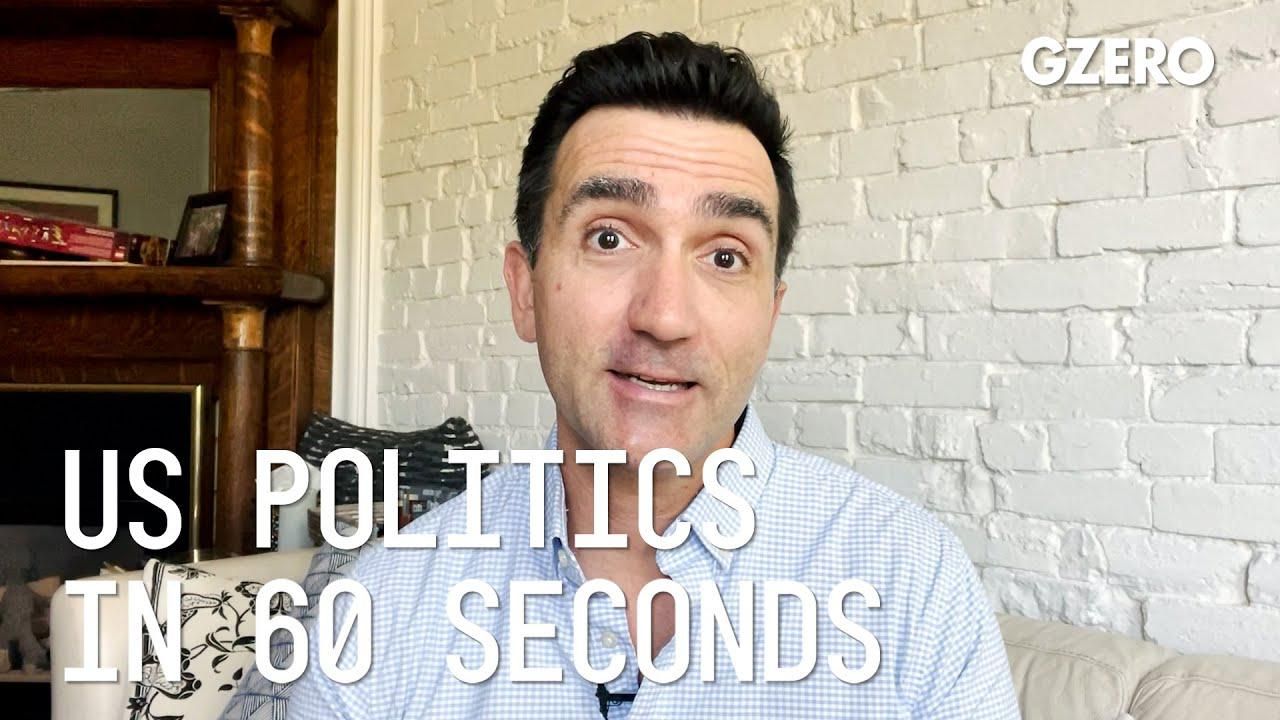
Jon Lieber, Managing Director of the United States for the Eurasia Group, shares updates on recent policy developments:
With the Supreme Court's recent decision, is the Affordable Care Act here to stay?
Yes, this was the Court's third ruling on the Affordable Care Act upholding its constitutionality. This challenge was brought by Republican attorneys general who argued that the repeal of the individual mandate tax undermined the court's previous justification for allowing the law to stand. They were unsuccessful, yet again. And the political salience of the Affordable Care Act has really diminished in the last several years, with Republicans moving on to fight other issues and the Court signaling very strongly they don't want to get involved in overturning this piece of legislation. The Affordable Care Act will be here at least until Congress wants to legislate on it again.
What does the House vote to repeal the 2002 authorization for the invasion of Iraq mean for presidential power?
What this means is that both parties in Congress see the lack of utility in keeping alive this almost 20 years old authorization of force. It doesn't mean the end of presidential powers to respond to terrorist threats, however, as there is still the 2001 authorization for use of force that's been used to target terrorists abroad and will be continued to be used that way. What's likely to happen is there could be a renegotiation of that 2001 authorization of force to make it more narrow, potentially more accountable to Congress. And what you're going to see is that the president now has to come back to Congress if he wants to engage in a larger effort overseas. Thanks for watching. This has been US Politics In (a little over) 60 Seconds.